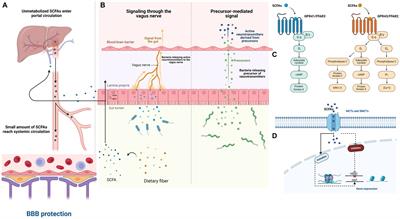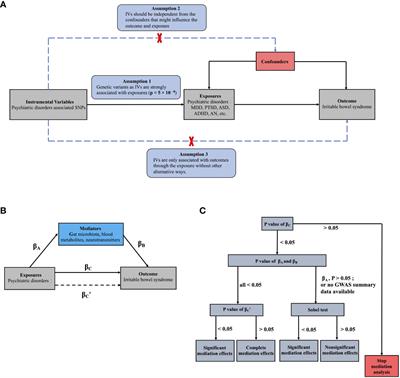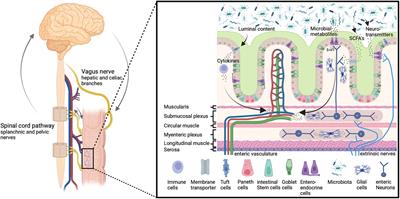SYSTEMATIC REVIEW
Accepted on 03 Feb 2025
Gut Microbiome Differences in Individuals with PTSD Compared to Trauma-Exposed Controls: A Systematic Review
doi 10.3389/fnins.2025.1540180
4,520
Total downloads
14k
Total views and downloads
You will be redirected to our submission process.
SYSTEMATIC REVIEW
Accepted on 03 Feb 2025
ORIGINAL RESEARCH
Published on 29 Jan 2025
CLINICAL TRIAL
Published on 07 Jan 2025
REVIEW
Published on 03 Dec 2024
MINI REVIEW
Published on 03 Jun 2024

ORIGINAL RESEARCH
Published on 30 Jan 2024

REVIEW
Published on 05 Jan 2024

